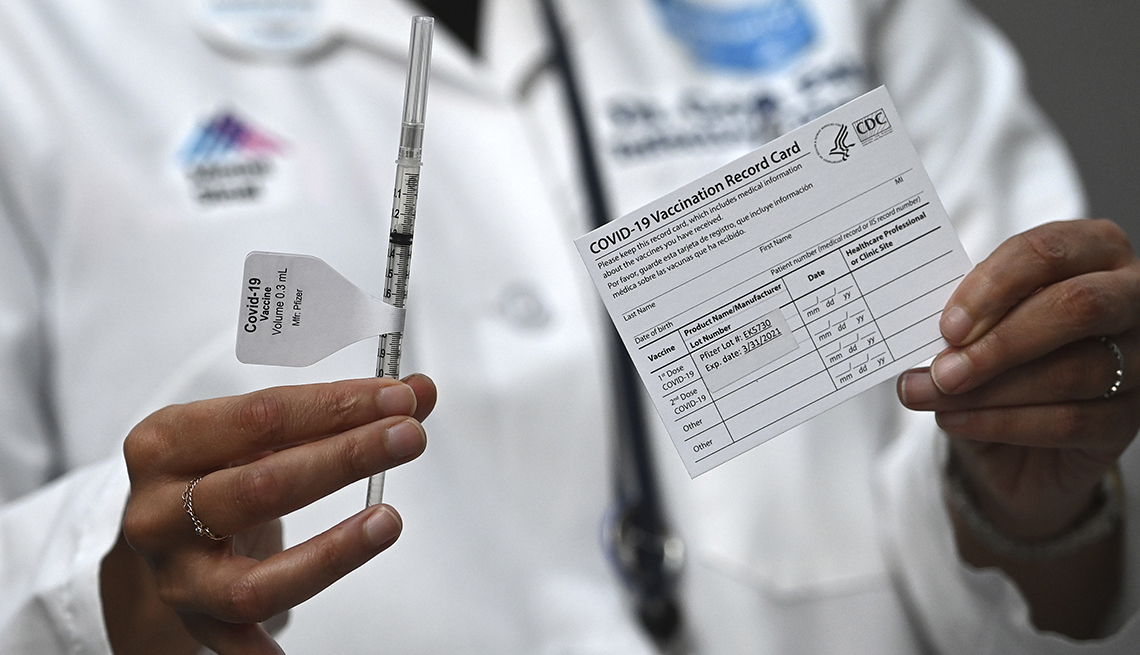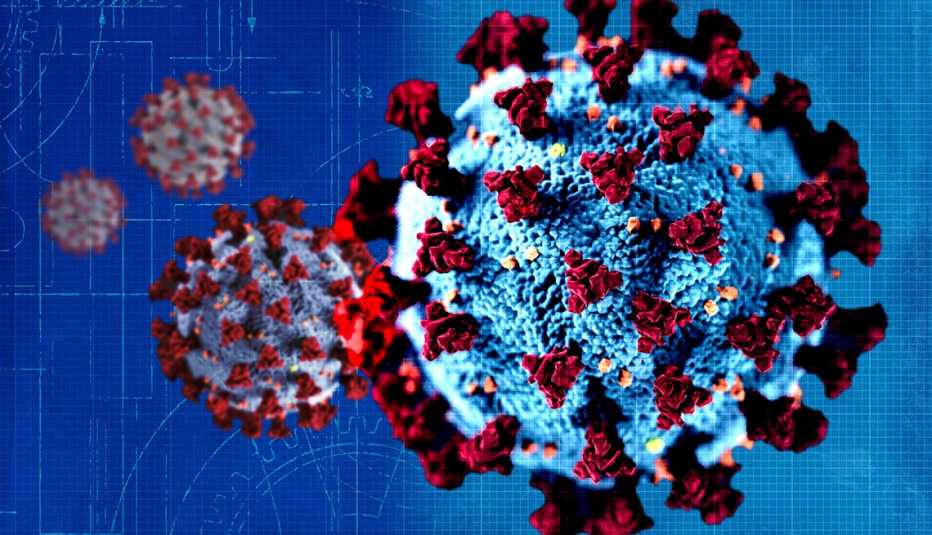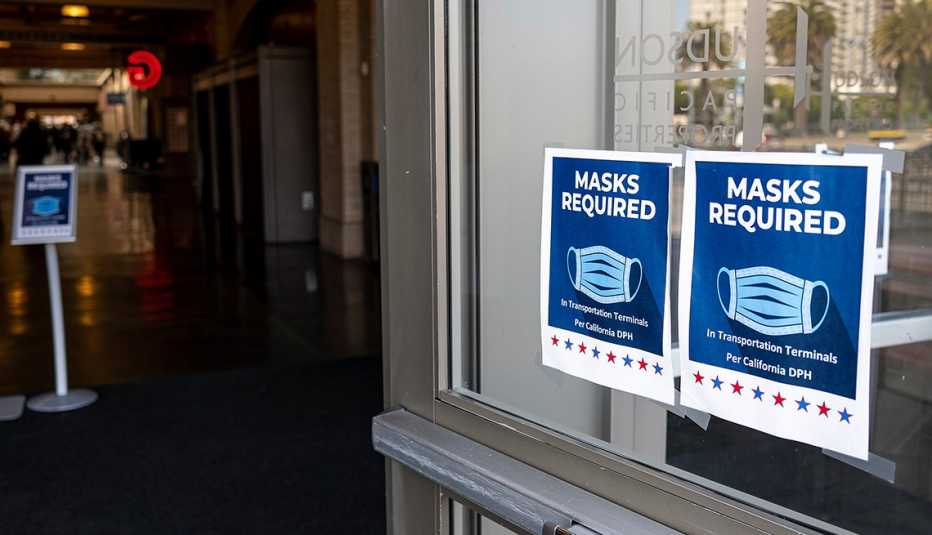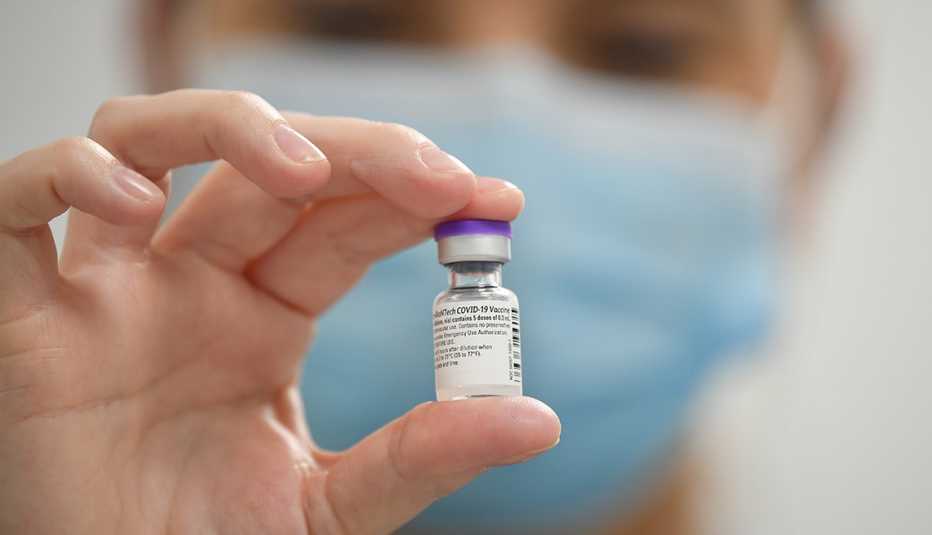Staying Fit
The U.S. Food and Drug Administration (FDA) has granted official approval to the Pfizer-BioNTech vaccine for individuals 16 and older, making it the first fully approved vaccination in the fight against COVID-19. Acting FDA Commissioner Janet Woodcock, M.D., called the agency's Aug. 23 announcement a “milestone” in the ongoing pandemic and said in a statement that the public “can be very confident that this vaccine meets the high standards for safety, effectiveness, and manufacturing quality the FDA requires of an approved product.”
For the last eight months, Pfizer's two-dose regimen has been administered under emergency use authorization (EUA) — a designation that allows access to treatments and other medical tools that are not yet fully approved but whose benefits have been shown to outweigh risks. It will continue to be available under its EUA for people ages 12 to 15 and for certain immunocompromised individuals seeking a recommended third dose.


AARP Membership— $12 for your first year when you sign up for Automatic Renewal
Get instant access to members-only products and hundreds of discounts, a free second membership, and a subscription to AARP the Magazine.
Approval could offer assurance to millions
More than 92 million Americans have so far been fully vaccinated with Pfizer's two-dose regimen, federal data shows — that's about 54 percent of the fully vaccinated population. And health experts are hopeful that official approval will sway millions more to do the same, especially as COVID-19 cases, hospitalizations and deaths driven by the highly contagious delta variant are surging throughout the U.S.
A Kaiser Family Foundation survey found that about 30 percent of unvaccinated people said they would be more likely to get the vaccine if it was fully approved; many of those holding out cited safety concerns without the FDA's official endorsement. If the FDA's approval nudges this population to get the vaccine, it could help shift the direction of the pandemic, says Rupali Limaye, director of behavioral and implementation science at the International Vaccine Access Center at the Johns Hopkins Bloomberg School of Public Health.



































































